
Ex-BMWK, Jacques Delors Centre, ECB



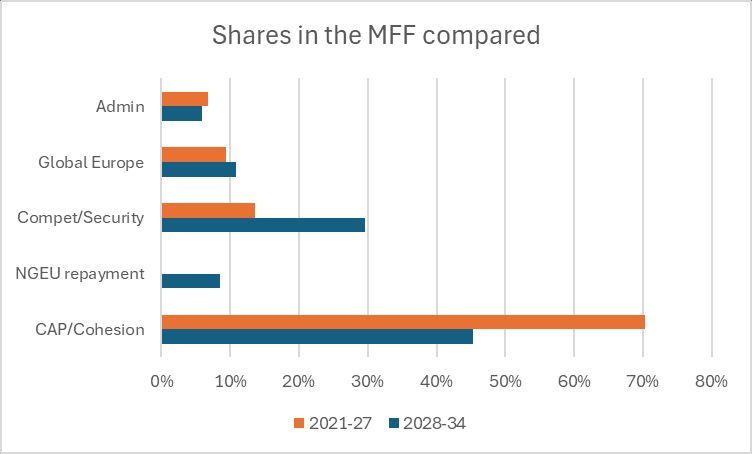
Here is my first quick take:
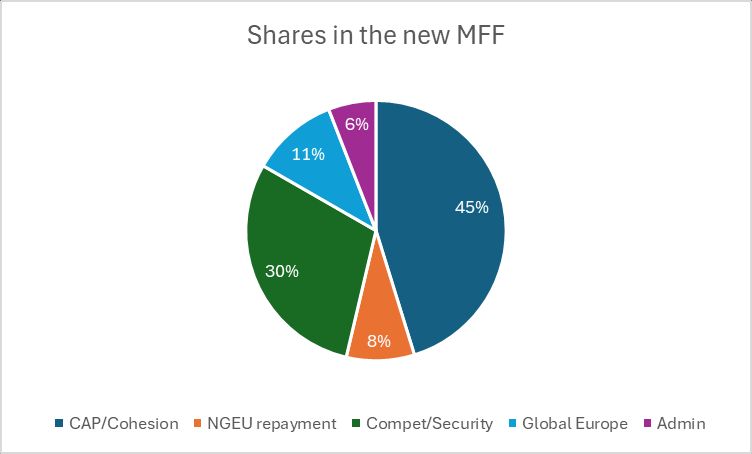

Here is my first quick take:
Here is why:
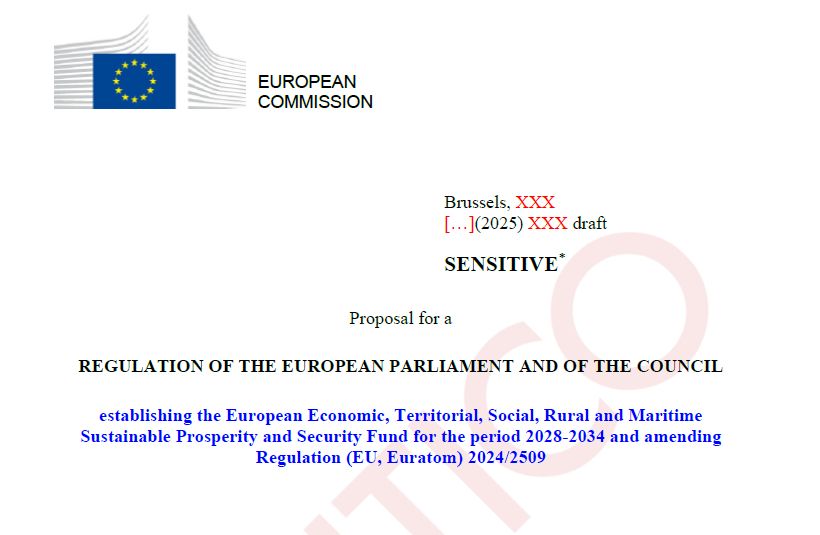
Here is why:
Here are the main elements:

Here are the main elements:
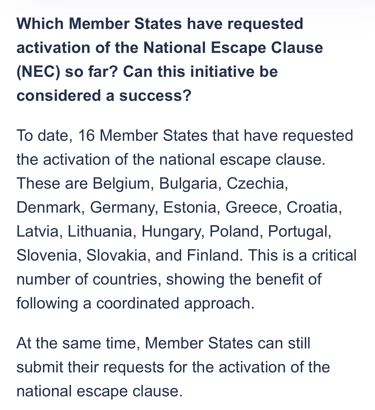
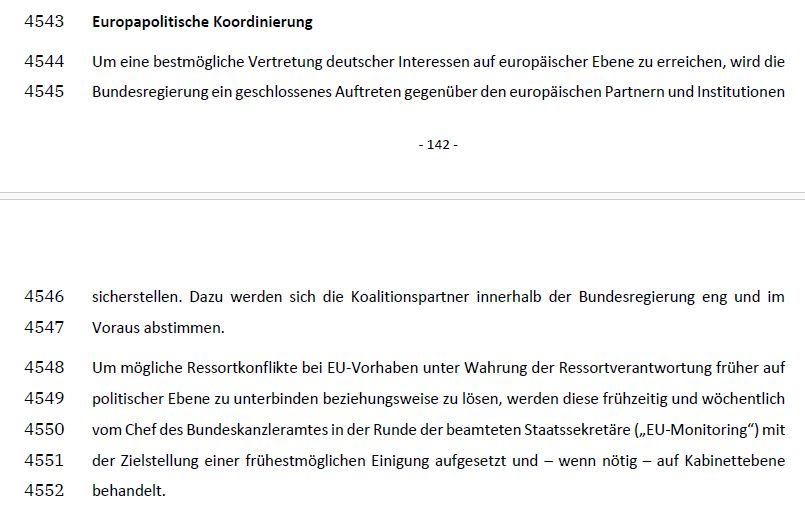
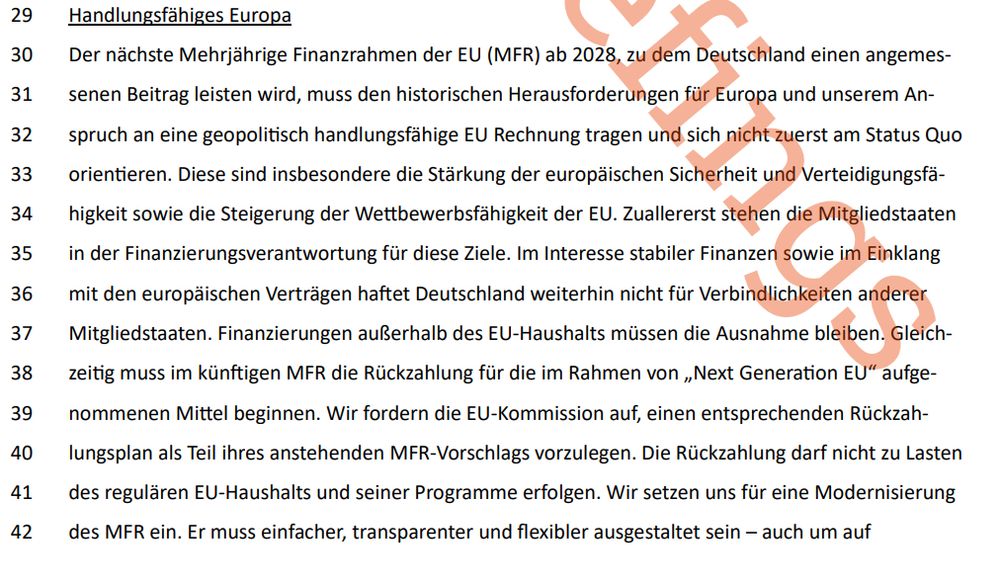
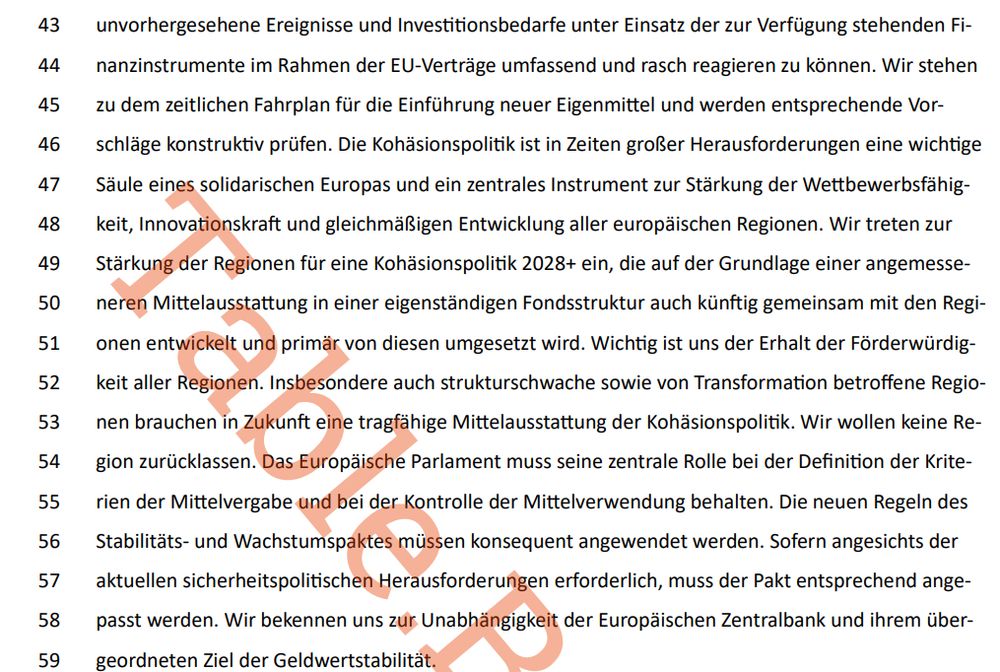






Here is why:
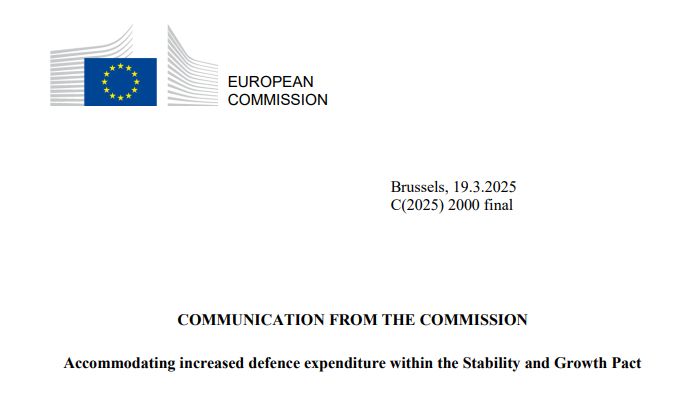
Here is why:
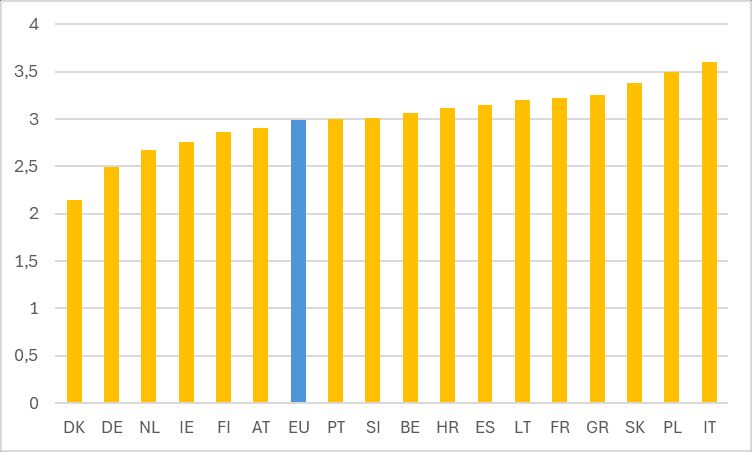

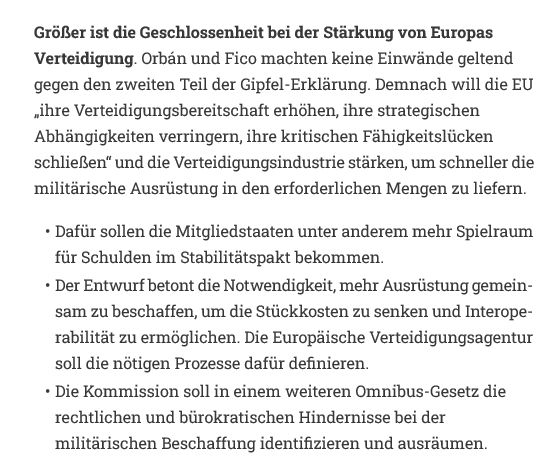
I remain sceptical because there is a fundamental misunderstanding here what "to finance" means.
Thread:

I remain sceptical because there is a fundamental misunderstanding here what "to finance" means.
Thread:
So what now?

So what now?



Hier sind die wesentlichen Elemente - und was die neue Bundesregierung damit tun könnte:

Hier sind die wesentlichen Elemente - und was die neue Bundesregierung damit tun könnte:


